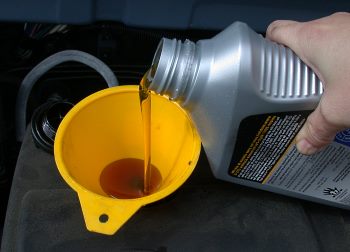property>dynamic viscosity
What is Dynamic Viscosity?

Dynamic viscosity is a measure of molecular frictional resistance to flow of a fluid under some applied force. In the region of the fluid it can also be considered as the ratio of the stress to the mean rate of change of strain. The SI unit is pascal-seconds, so for a fluid of viscosity one pascal-second this means that in one second the fluid will move a distance equal to the thickness of the layer if it is placed between two plates and pushed by one plate sideways with a shear stress of one pascal.
The viscosity of a fluid depends on the molecular forces or interactions between the different components of the mixture, and is a measure of the molecular transport or diffusion of momentum. Viscosity is high for fluids whose components have strong molecular interactions and is low if the molecular forces are weak. There are many factors which affect dynamic viscosity, including temperature. Usually an increase in temperature will result in a decrease in the viscosity and vice versa. Another factor which can affect dynamic viscosity is high pressure; with increasing pressure the dynamic viscosity also increases.
Measurement of dynamic viscosity
A device called a viscometer is used for the measurement of dynamic viscosity, and a number of different types are available. In the measurement of dynamic viscosity the effect of temperature is very important and must be maintained constant for precise measurement. Some fluids such as lubricants change their dynamic viscosity with even a small change in temperature. Dynamic viscosity can be measured using vibrating viscometers, capillary viscometers, falling sphere viscometers or rotational viscometers. These devices all measure the resistance of the fluid to some shearing force which is generated in a variety of ways.
The specific field of rheology is concerned with the flow of liquids under the action of an externally applied force. An important application is in the study of lubricants where a thin layer of fluid separates moving parts; for example axles in bearings. A device called a rheometer is a specialised type of viscometer which measures this property, which in many cases involves non-Newtonian liquids that can not be defined in terms of a single value of viscosity.